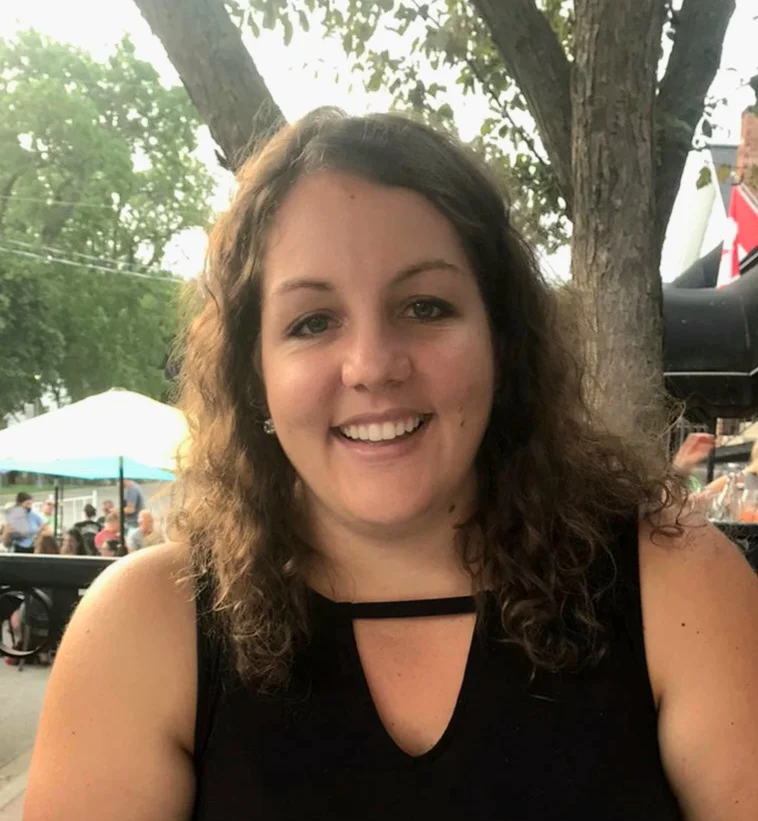
Program Overview & Highlights
Be the cool teacher who knows about nature and can make things explode and react. This intensive program allows you to pursue your bachelor of science degree while studying education and getting classroom experience. You’ll finish with two degrees and be eligible to teach at the intermediate/senior level (grades 7 to 12).
Learn More About Our Program
What Lancers Are Saying

Jordyn Mills
Educational consultant. CSC ProvidenceFrench Studies / Concurrent Education, 2015
Admission Requirements
High School Student from Canada
Course Requirements: Advanced Functions/MHF4U and two of Chemistry/SCH4U, Biology/SBI4U, Physics/SPH4U. English/ENG4U.
Strongly Recommended: Calculus & Vectors/MCV4U
Minimum Average: 80% (70% average of all attempted science and math courses)
Mean Average: 87%
Note: Admission to first year only
Language Requirements
To review the most up-to-date information on Language Requirements: See language requirements.
Academic Calendars
Career Tracks
- Secondary school teacher
- principal
- special education teacher
- learning strategist
- academic administrator
- educational assistant
- department head
